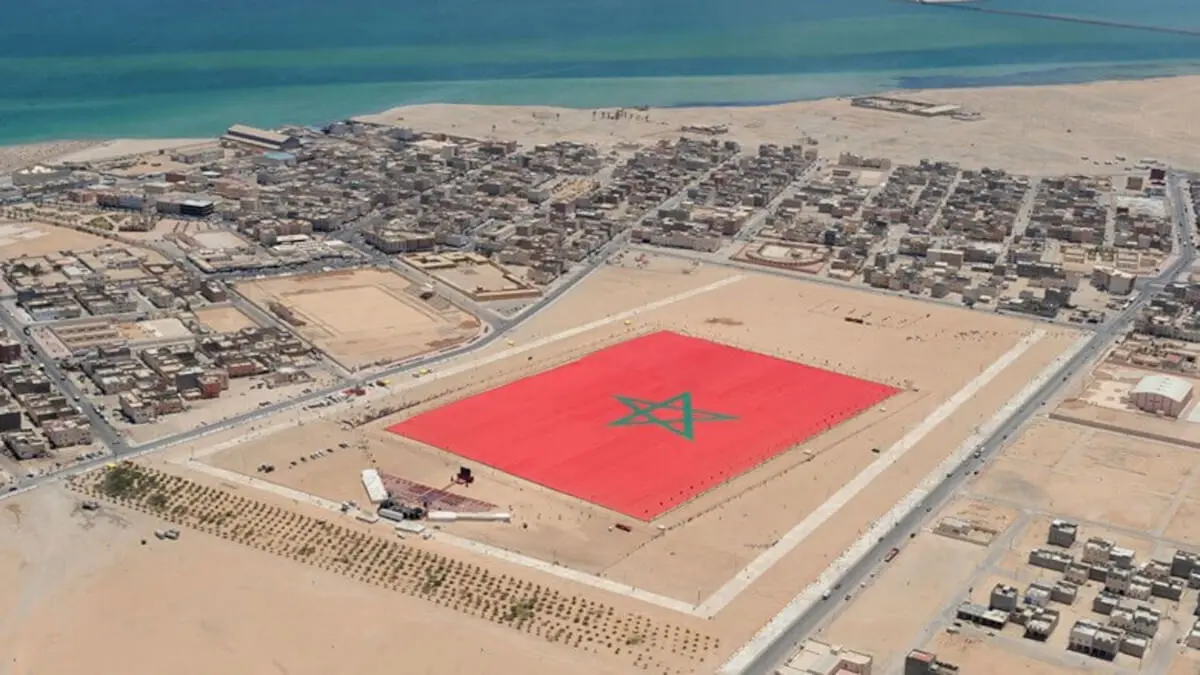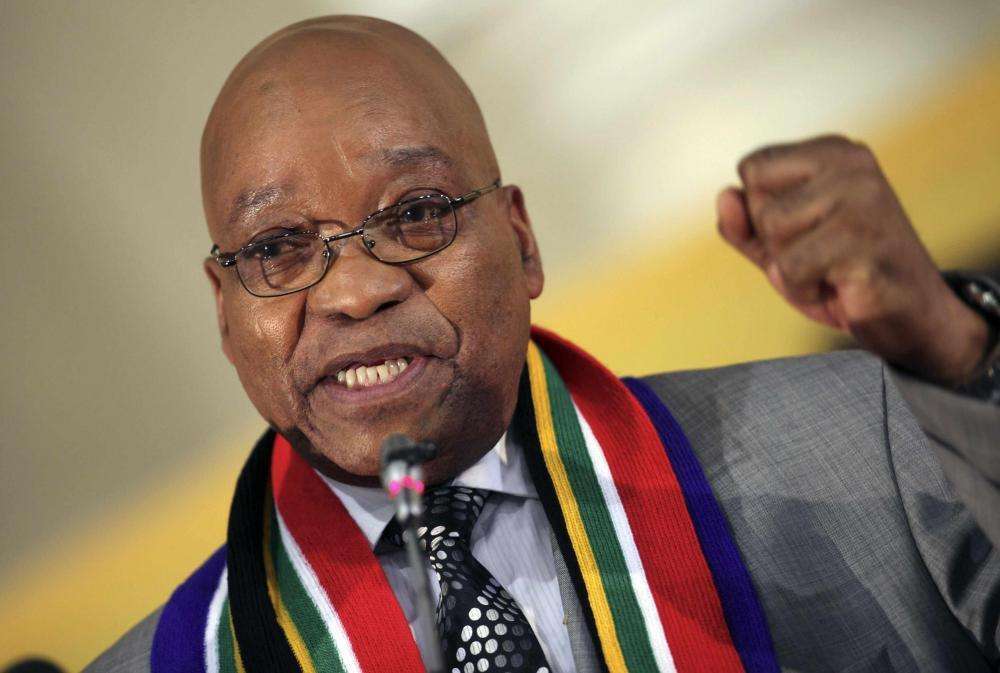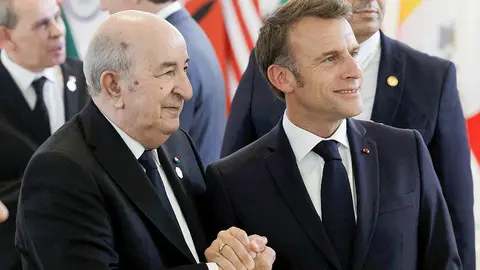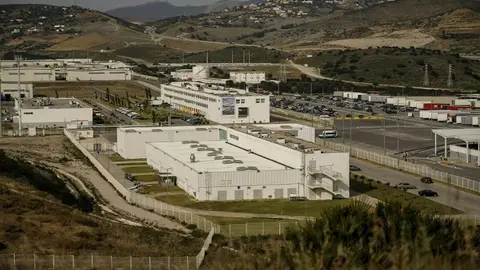South Africa's MK party redefines its position on the Sahara and backs Moroccan sovereignty

In an unprecedented move, the uMkhonto weSizwe (MK) party, historically linked to former presidents Nelson Mandela and Jacob Zuma, has declared its unequivocal support for Morocco's sovereignty over Western Sahara. This endorsement, expressed in a lengthy official document entitled ‘South Africa and Morocco: A Strategic Alliance for African Unity, Economic Emancipation and Territorial Integrity’, openly challenges the traditional position of the South African government led by President Cyril Ramaphosa, which since 2004 has supported the self-proclaimed Sahrawi Arab Democratic Republic (SADR), aligning itself with Algeria's position.
The MK, which emerged as South Africa's third political force after the recent elections, winning 58 parliamentary seats, has justified its position by appealing to a historical, legal and geopolitical approach. According to the document, ‘Western Sahara was an integral part of Morocco long before Spanish colonisation in the late 19th century,’ and its reintegration in 1975 represents ‘a legitimate restoration of Moroccan territorial integrity.’
Jacob Zuma's party not only recognises Moroccan sovereignty over the Sahara, but also actively supports the autonomy plan proposed by Rabat. This plan, described as ‘a balanced approach’, seeks to provide the region with self-government under Moroccan sovereignty, guaranteeing both regional stability and the right of the Sahrawi people to manage their internal affairs.
‘Our position is part of a pan-African vision that seeks to unify the continent rather than divide it,’ the text states, veiledly criticising the line taken by President Ramaphosa's African National Congress (ANC), which it considers ‘disconnected from current geopolitical realities’.
This statement by the MK is not an isolated gesture. During his presidential term, Jacob Zuma had already shown a willingness to rebuild relations with Morocco. At the 2017 African Union-European Union Summit in Abidjan, Zuma met with King Mohammed VI, opening a channel of dialogue that caused discomfort within the ANC.

‘Morocco is an African country with which we must maintain relations,’ Zuma said at the time, recalling that it was Pretoria that broke diplomatic ties in 2004 by recognising the SADR. Today, his party seems determined to resume this path of rapprochement, from the opposition but with growing political influence.
The MK's support for the Moroccan autonomy plan comes at a time of fragmentation in the South African political system. The ANC, with 159 seats, is increasingly isolated in its pro-Polisario stance, while the Democratic Alliance, the second largest party with 87 seats and traditionally linked to the white minority, maintains an ambiguous position. In addition, independence movements in the Cape region, some with international support, are adding pressure to the country's internal balance.
Against this backdrop, the MK is positioning itself as a decisive actor that not only challenges the ANC's ideological monopoly on foreign policy, but also offers an alternative vision focused on pan-African cooperation and diplomatic realism.

The MK document is not limited to the Sahara issue. It advocates a comprehensive alliance between South Africa and Morocco, based on common values such as national sovereignty, territorial integrity and African self-determination in the face of external influences. In this regard, it recalls that Morocco was the first African country to support uMkhonto we Sizwe in 1962, providing financial and military support during the struggle against apartheid.
On the economic front, the party calls for stronger ties with Morocco, highlighting its role as the second largest investor in Africa. It proposes joint initiatives in strategic sectors such as infrastructure, energy, agriculture, tourism and digital transformation. It even proposes the signing of a free trade agreement between the two countries and the promotion of food security policies as pillars of effective continental autonomy.
Although the MK's position does not represent an official decision by the South African state, it does mark a turning point in the national and continental debate on the Sahara conflict. As a growing number of African and Western countries back the Moroccan solution, the MK's stance could put pressure on the Pretoria government to review its diplomatic alignment.










